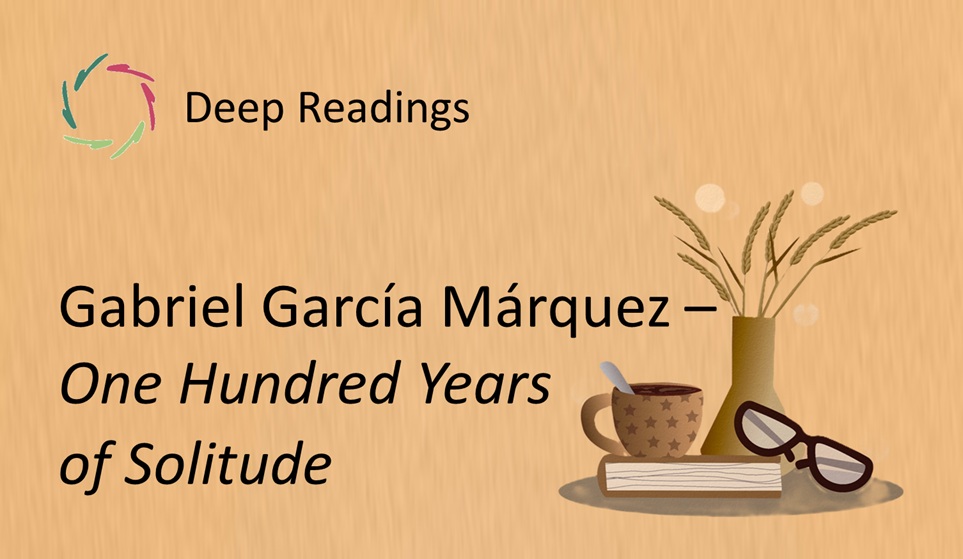Deep Readings: Moby — One of These Mornings (2002)

The fragment
“One of these mornings
Won’t be very long
You will look for me
and I’ll be gone”
(Copyright proof)
Read full lyrics → Genius
Listen (long version) → on YouTube
Miami Vice – Patti Labelle version
Contextual glimpse
Released in 2002 on the album 18, Moby’s “One of These Mornings” sets a few spare lines against a steady, luminous electronic bed. Repetition turns the lyric into a soft inevitability: a leaving already decided, voiced without anger. Within the record, it functions like a quiet hinge — a brief passage that opens unexpectedly into depth.
The phrasing reaches back into African American spirituals and gospel-blues, where “one of these mornings” often signals departure, liberation, or passing. Such lines traveled through oral tradition and carry layered meanings — earthly and transcendent at once. Moby’s setting keeps the words minimal, letting their history breathe without overt explanation.
Resonance
What the voice announces is not threat but clarity: the moment when staying would be a smaller truth than going. The leaving is intimate — addressed to “you” — yet it is also archetypal, the human movement from one shore to another. The calm delivery suggests a decision made inside long before it is spoken. In this light, the lyric becomes a rite of passage, not a door slam. It is an interior threshold marked with outward simplicity.
The Aurelian ear hears deep readiness here, the state reached when inner conflict has dissolved enough for action to arise without self-betrayal. Departure, then, is not defeat but fidelity to what is most alive. The few words hold a large tenderness: no accusation, no defense, only the gentle firmness of a tide. Even the morning image helps — a leaving in daylight, without hiding. The listener is invited to feel the steadiness rather than the loss.
Why this may also be about you
There are moments when a quiet decision forms in you, long before you tell anyone. A chapter ends not with drama but with a clear breath.
This fragment gives language to that kind of ending. It honors a leaving that keeps dignity on both sides. It trusts that a new morning can arrive without noise.
Lisa’s inspired, original idea about this fragment
Imagine the words as a small boat that has already pushed from the dock. The oar-dips are the repetitions; the shoreline is what no longer holds. The current is gentle, but irreversible.
If you step into this boat, you don’t rush. You float with the music’s pulse, watching the distance grow kindly. The leaving becomes a form of caretaking — of yourself and of what you leave behind.
Echoes
The line’s ancestry in spirituals matters: “one of these mornings” could mean the courage to flee bondage, or the hope of a home beyond suffering. Sung in fields, churches, and living rooms, it gathered a collective memory of departures chosen and unchosen. That past lingers like harmony beneath Moby’s track, giving ballast to its few syllables.
Since its release, listeners have carried the song into scenes of searching, loss, and quiet resolve — in film and television, at memorials, and in private moments. Each reuse renews its purpose: a shared language for the gentle parting, the decision whispered rather than shouted. The echo is proof the fragment keeps living where words are few.
Inner invitation
Close your eyes and picture a morning light just strong enough to see by. Hear the line as if it were spoken kindly to you, or by you. Let this fragment live inside you for a while, as a soft yes to a change already underway.
Now imagine the place you might be leaving — a role, a habit, a room. Thank it for what it gave. Sense your feet moving without hurry. When you look back, do so once, with warmth, and then face the day.
Closing note
This is about the human being you are: someone who can leave without hardening, who can honor endings as beginnings. The song is a small dawn — not loud, yet full of direction.
Lisa’s final take
A quiet door opens; the light is already inside.
Keywords
departure, readiness, acceptance, tenderness, liberation, gospel roots, morning, threshold, fidelity, non-anger, calm, inevitability, letting go


